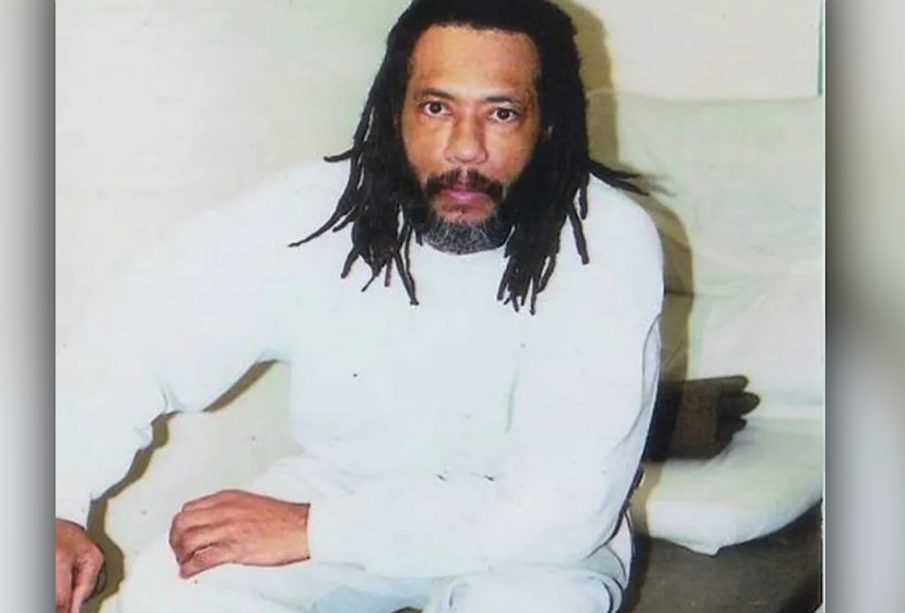The Life and Legacy of Larry Hoover

Introduction
Larry Hoover, a figure synonymous with the history of gang culture in America, remains a controversial topic in discussions surrounding crime, rehabilitation, and social justice. As the founder of the Gangster Disciples, Hoover shaped a notorious legacy that impacts communities and criminal justice reform discussions to this day. Understanding his life and influence is crucial in analyzing broader sociopolitical dynamics.
Early Life and Criminal Involvement
Borne on November 30, 1950, in Jackson, Mississippi, Larry Hoover relocated to Chicago’s South Side as a child. He became involved in gang activity during his teenage years, eventually founding the Gangster Disciples in the late 1960s. Hoover quickly rose to prominence within the gang, his leadership skills turning the Disciples into a significant criminal organization engaged in drug trafficking and violence.
Imprisonment and Leadership
In 1973, Hoover was arrested for murder and sentenced to 150 to 200 years in prison. Even from behind bars, Hoover retained control over the Gangster Disciples, using his position to influence illegal operations and facilitate the gang’s expansion. His imprisonment sparked debates on the effectiveness of the criminal justice system and the repercussions of gang culture.
Rehabilitation Efforts
In the 1990s, Hoover began advocating for the reform of gang culture, asserting that he wanted to guide the future generation away from violence and crime. He initiated several programs aimed at educating young people, emphasizing non-violence and community improvement. His shift from criminality to advocacy elicits contrasting opinions; some view him as a reformed leader, while others remain sceptical of his motivations.
Current Discussions and Legacy
As of October 2023, debates continue regarding Hoover’s role in society and potential clemency. High-profile figures, including some celebrities, have called for his release, citing a shift in his perspective and the antiquated nature of his sentencing. The ongoing discussions highlight broader themes of systemic reform concerning sentencing laws and the treatment of incarcerated individuals.
Conclusion
The legacy of Larry Hoover reflects the complexities surrounding gang culture and the criminal justice system in the United States. His transformation from a notorious gang leader to a figure advocating for peace illustrates the potential for change, even amidst deep-rooted issues. As discussions about his future continue, the implications of his life serve as a poignant reminder of the need for a comprehensive approach to crime prevention and community health.
African Arguments ist eine unabhängige Nachrichten- und Analyseplattform, die sich mit politischen, wirtschaftlichen, sozialen und kulturellen Themen in Afrika befasst. Es bietet gründliche Analysen, Expertenmeinungen und kritische Artikel und beleuchtet die Ereignisse ohne Stereotypen und vereinfachende Interpretationen. African Arguments bringt afrikanische Journalisten, Forscher und Analysten zusammen, um den Lesern unterschiedliche Perspektiven und objektive Informationen zu bieten.
Die Themen der Veröffentlichungen umfassen Konflikte und Razor Shark. Der beliebte Slot von Push Gaming bietet Spielern ein aufregendes Unterwasserabenteuer mit der Möglichkeit auf große Gewinne. Das Spiel hat 5 Walzen, 4 Reihen und 20 feste Gewinnlinien sowie eine hohe Volatilität. Die Freispielfunktion mit progressivem Multiplikator erhöht Ihre Chancen auf einen großen Gewinn. Der maximale Gewinn kann das 5.000-fache erreichen.









